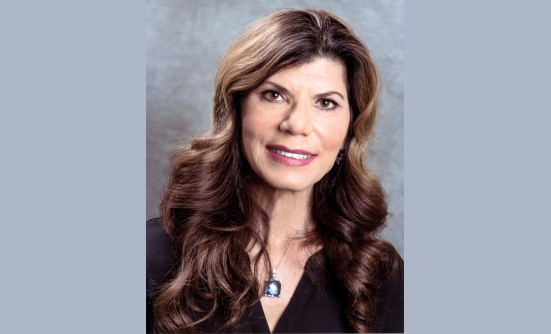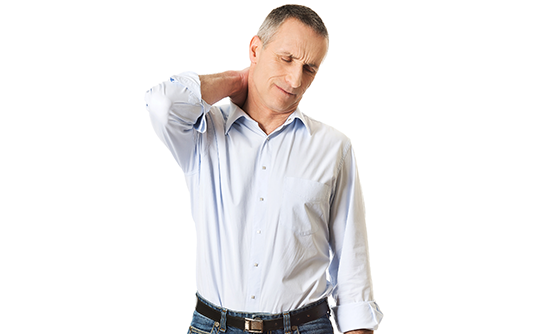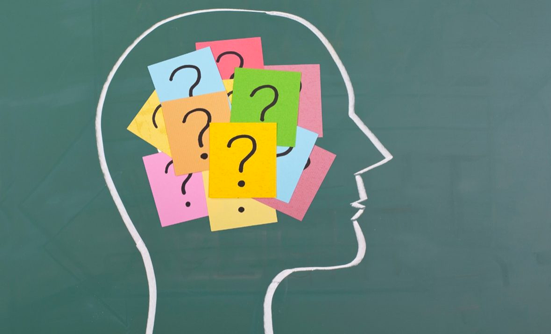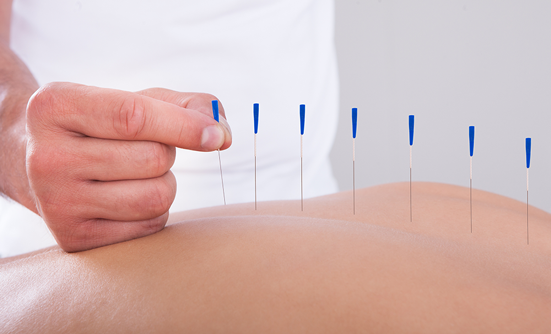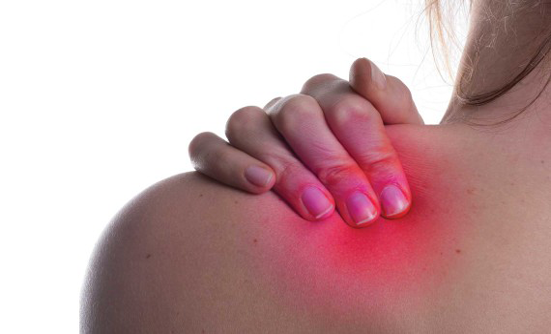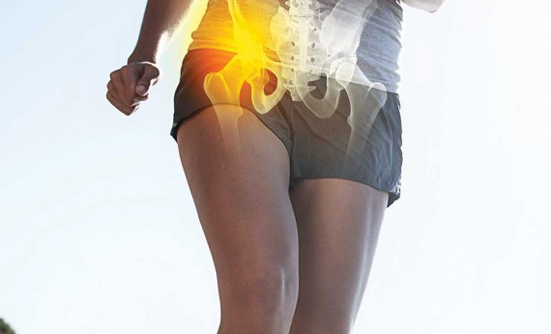Cancer Rehabilitation
Cancer survivor Nancy Litterman Howe, MS, CES, dissects the function of cancer rehabilitation and the different treatment options that can improve physical function for patients. Read More ›
Many patients with cancer and cancer survivors suffer from pain and impaired functioning as a result of cancer treatment, even years after the treatment is over. Nevertheless, only a few people receive proper care to address these issues through cancer rehabilitation. Read More ›
A look at head and neck cancer by Dr. Nancy Hutchison. Read More ›
Cancer-related fatigue is very common among survivors and among those undergoing cancer treatment; it can be caused by your treatment, or by other factors related to your physical health and/or emotional state, such as chemical imbalances, hormonal changes, stress and anxiety, or poor sleep. Read More ›
Lymphedema is the response of the immune system to the blockage of fluids in traveling to lymph nodes, which are part of the body’s immune system. Read More ›
Cognitive changes during cancer treatment, also known as “chemo brain” or “chemo fog,” are common. In fact, some studies suggest that up to 75% of patients receiving chemotherapy may face these issues. Read More ›
Dr. McMichael, assistant professor at Ohio State University, gives a summary of
chemotherapy-induced peripheral neuropathy (CIPN), and offers tips for managing
it. Read More ›
“Up to 68% of patients with breast cancer experience shoulder pain and/or restricted motion of the shoulder during or after treatment,” says Dr. Eric Wisotzky. Read More ›
All cancer survivors have muscle/joint pain, but people receiving treatment for cancer may have excess muscle pain after treatment. Musculoskeletal aches and pains may take 2 months or more to completely resolve. Dr. Smith discusses available treatment options. Read More ›




